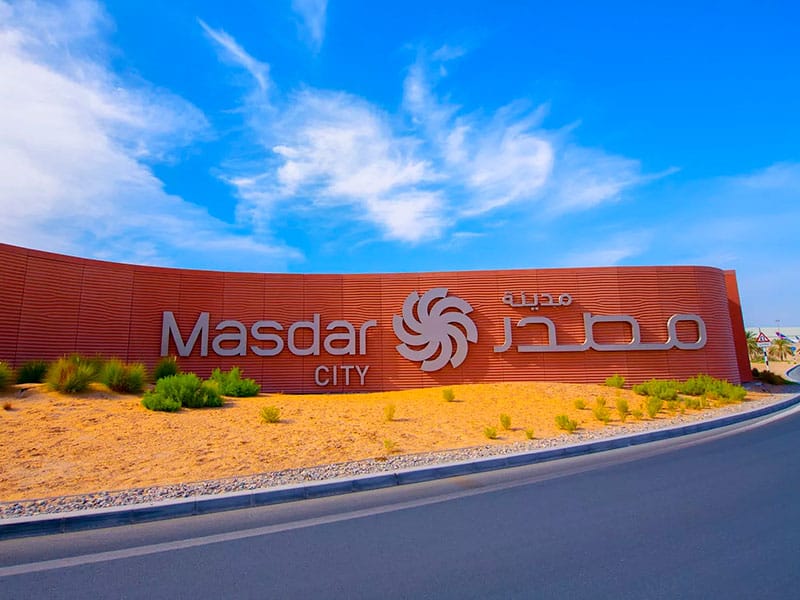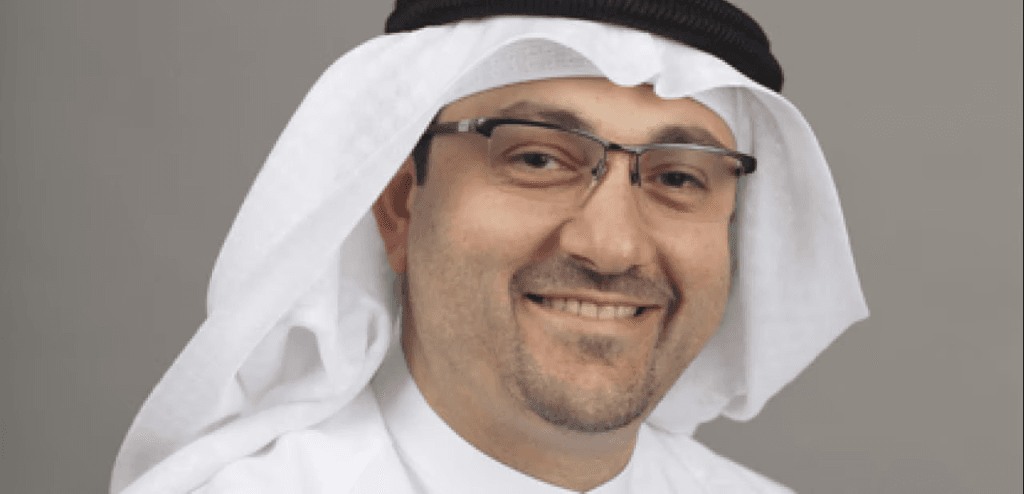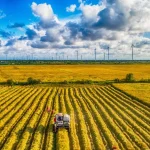Masdar, Tadweer Advance Abu Dhabi’s First Commercial Waste-to-SAF Plant

• New project aims to convert 500,000 tons of waste per year into sustainable aviation fuel for one of the world’s largest aviation hubs.
• Hybrid pathway integrates green hydrogen from renewables and waste gasification, aligning with UAE climate and hydrogen strategies.
• Initiative positions Abu Dhabi to supply regional SAF markets while supporting national net-zero and landfill-diversion goals.
Abu Dhabi moves ahead with large-scale Waste-to-SAF
Masdar and Tadweer Group have taken a decisive step toward building Abu Dhabi’s first commercial-scale waste-to-sustainable aviation fuel plant, advancing a project expected to anchor the emirate’s low-carbon fuel ambitions and supply regional aviation markets.
The companies signed a Joint Development Agreement following a feasibility study confirming the viability of producing SAF from urban solid waste and biomass. The initiative aims to convert roughly 500,000 tons of material each year into aviation fuel, making it one of the Middle East’s most advanced waste-to-fuel concepts.
Hybrid pathway: waste gasification and green hydrogen
The plant will use a hybrid production route that combines several proven technologies. Waste gasification will convert refuse-derived feedstock into syngas, while renewable-powered electrolysis will produce green hydrogen. Blending the two streams enables chemical conversion into SAF with significantly lower lifecycle emissions than conventional fuels.
Masdar CEO Mohamed Jameel Al Ramahi said the partnership reflects the company’s focus on accelerating the energy transition in sectors that face steep decarbonization barriers.
“Masdar is committed to accelerating the global energy transformation through partnerships and delivering innovative solutions that meet customer needs,” he said. “This project will advance the UAE’s leadership in sustainable aviation, supporting the growth of a sector critical to the nation’s economic development, while driving its decarbonization. We look forward to working closely with Tadweer Group to bring this project to fruition and deliver tangible emissions reductions for the UAE and beyond.”

Waste as a strategic resource
For Tadweer Group, the project aligns directly with its strategy to convert waste into economic and environmental value. The group oversees Abu Dhabi’s waste management system and is seeking large-scale routes to reduce landfill reliance.
Ali Al Dhaheri, Managing Director and CEO of Tadweer Group, said the project illustrates how waste streams can be integrated into the UAE’s clean energy economy.
“This agreement marks a pivotal step in Tadweer Group’s mission to unlock waste as a valuable resource with the potential to be converted to key energy resources,” he said. “Partnering with Masdar, we are advancing the UAE’s leadership in clean energy innovation by transforming waste into SAF, a vital product for maintaining a cleaner environment. Together, we are showcasing the incredible potential of waste and contributing to the nation’s Net Zero ambitions, setting a benchmark for sustainable transformation worldwide.”

RELATED ARTICLE: Masdar, Uzbekistan Partner on 300MW Battery Storage to Strengthen National Grid
Influencing aviation, climate, and hydrogen strategies
If built at scale, the project could supply multiple regional markets, strengthening Abu Dhabi’s role as a SAF hub at a time when global regulators — from ICAO to the EU — are tightening low-carbon fuel requirements. Aviation has been a major contributor to the UAE’s economy, accounting for more than 18 percent of GDP in 2023, according to IATA. SAF could reduce lifecycle emissions by up to 80 percent compared with conventional jet fuel.
The initiative aligns with the UAE General Policy for SAF, the National Hydrogen Strategy, Abu Dhabi’s Low-Carbon Hydrogen Policy, and the UAE Net Zero by 2050 Strategic Initiative. It also advances Abu Dhabi’s climate strategy, which places low-carbon fuels at the center of long-term industrial diversification.
The waste-to-SAF plant will support Tadweer Group’s target of diverting 80 percent of waste from landfills by 2030. It is also expected to catalyze new value chains in waste valorization, green hydrogen, and renewable fuels — areas that international investors and supply chain partners are monitoring closely as demand for certified SAF accelerates.
What executives and investors should track
For airlines, SAF producers, and financiers, the project matters for several reasons. It introduces a scalable pathway in a region with abundant waste feedstock and strong renewable energy build-out. It links waste management and hydrogen strategies, offering a model for integrated decarbonization across sectors. And it provides long-term visibility into supply for carriers operating through Abu Dhabi’s aviation hub.
For policymakers, it contributes to the UAE’s broader governance landscape: national hydrogen policy, waste-sector reform, industrial diversification, and alignment with global aviation decarbonization frameworks.
A regional play with global relevance
As governments and investors accelerate the shift toward low-carbon fuels, Abu Dhabi’s waste-to-SAF project stands out for its integration of waste management, hydrogen, and aviation strategy. It positions the UAE to influence regional SAF markets, diversify its clean energy portfolio, and build export-grade fuel capabilities at a time when demand is expected to surge.
With Masdar’s renewable energy footprint and Tadweer Group’s waste resources, Abu Dhabi is laying the groundwork for a fuel ecosystem that links climate goals with economic advantage — a signal that low-carbon aviation in the Gulf may scale faster than expected.
Follow ESG News on LinkedIn












